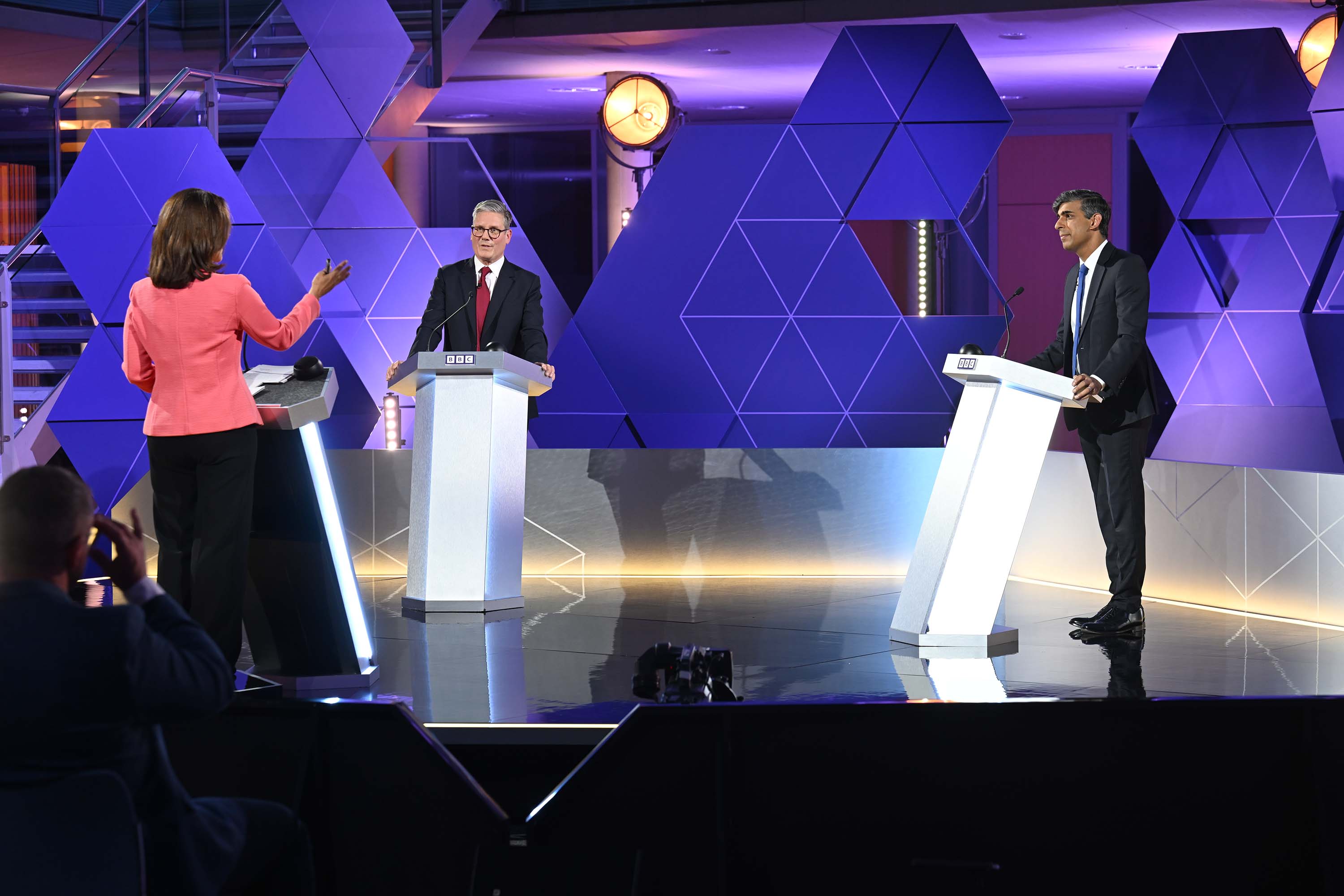Ofcom warned it must change outdated reporting rules to counter election day fake news
Exclusive: The professional body for computing has called for immediate reform of regulations preventing mainstream media from rebutting fake news on election day
Fears that fake news could influence the outcome of the general election have led to calls for an immediate change in rules on reporting on polling day.
BCS, the Chartered Institute for IT - the professional body for computing - has called for immediate reform of regulations preventing mainstream broadcast media from rebutting fake news on election day.
Almost two thirds of tech experts believe broadcasters including the BBC, Sky, ITV and GB News, should be allowed to rebut misinformation on polling day, according to research conducted by BCS.
It comes amid growing concerns over the amount of fake news found on social media and online platforms which could influence results.

In the past Russian-bots have been accused of influencing elections around the world including the Brexit and Scottish independence referendums.
According to the survey of BCS members, 62 per cent of IT professionals believe the ban on general election coverage on polling day should include an exemption to allow mainstream media to counter online misinformation.
The current regulations, set by Ofcom, state that discussion and analysis of election issues must finish when the polling stations open at 7am, and not resume until they close at 10pm.
This also includes that whilst people are voting, broadcasters must not publish the results of any opinion polls.
In the same survey of 1200 technologists, 65 per cent of respondents expressed concern that deepfakes will have a significant influence on the result of the upcoming UK General Election.
Adam Leon Smith, BCS Fellow and International AI standards expert said: “As we approach the General Election, it is essential that broadcasters are more active in the fight against misinformation and disinformation, especially when it comes to those misleading the electorate.
“By enabling reputable media outlets to fact-check and correct misleading content in real time, they can provide the public with accurate information, thereby fostering a more informed electorate and upholding democratic values.”
Join our commenting forum
Join thought-provoking conversations, follow other Independent readers and see their replies
Comments
Bookmark popover
Removed from bookmarks